So you’re buying a condo…hooray! We put together this list of 50 things to look for when househunting for a condo.
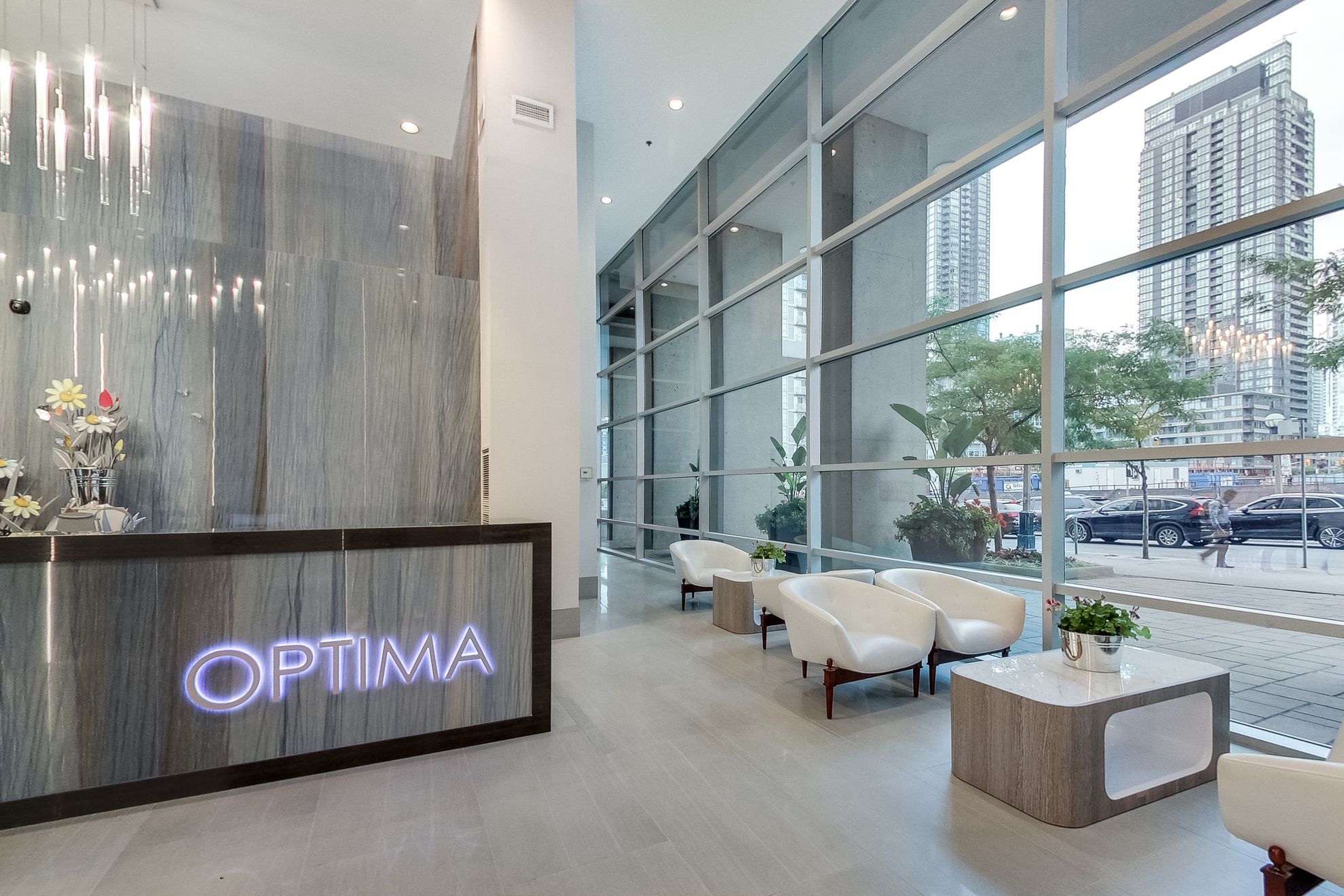 The Condo Building – What to Look For
The Condo Building – What to Look For
- Is the concierge friendly? Do they offer services that are important to you? Will they accept your Amazon deliveries?
- Are there enough elevators? is there a long lineup? Does it feel like there are enough of them for the size of the building?
- Where are the garbage disposal chutes in relation to the unit you’re looking at? Close is good when you need to throw out the trash, but too close can mean noise and smells.
- Are the amenities nearby? Convenience is great, but if they’re too close, get ready for noise, smells and heavier-than-usual traffic. And if you have to traipse down 4 hallways and change elevators twice to enter the sister building, you may not end up using that gym after all.
- What restaurants, bars and alleys are close? Will the noises and smells carry into the unit?
- What’s the reputation of the builder? What other condominiums have they built? Have those condos withstood the test of time?
- What kind of visitor parking is available? If there isn’t much in the building, will your guests be able to park in nearby Green P lots or on the street?
- Has the building invested in any green energy initiatives to reduce utility costs? Some condos in Toronto are so energy-efficient that their condo fees have gone DOWN over the years.
- What are the smoking and cannabis laws in the building? How do those rules fit your lifestyle?
- What are the pet restrictions? Most buildings have rules about the type, quantity and size of pets you can have.
- Is the building being proactively managed? Watch for notices in the lobby or elevator about pest control, furnace maintenance, window cleaning, etc.
- What’s the reputation of the property management company? Has the building hired and fired multiple property managers in quick succession?
- Is the mailroom area easily accessible? How are packages handled in the building?
- Is it a bike-friendly building? Where do people park their bikes? Is the area secure?
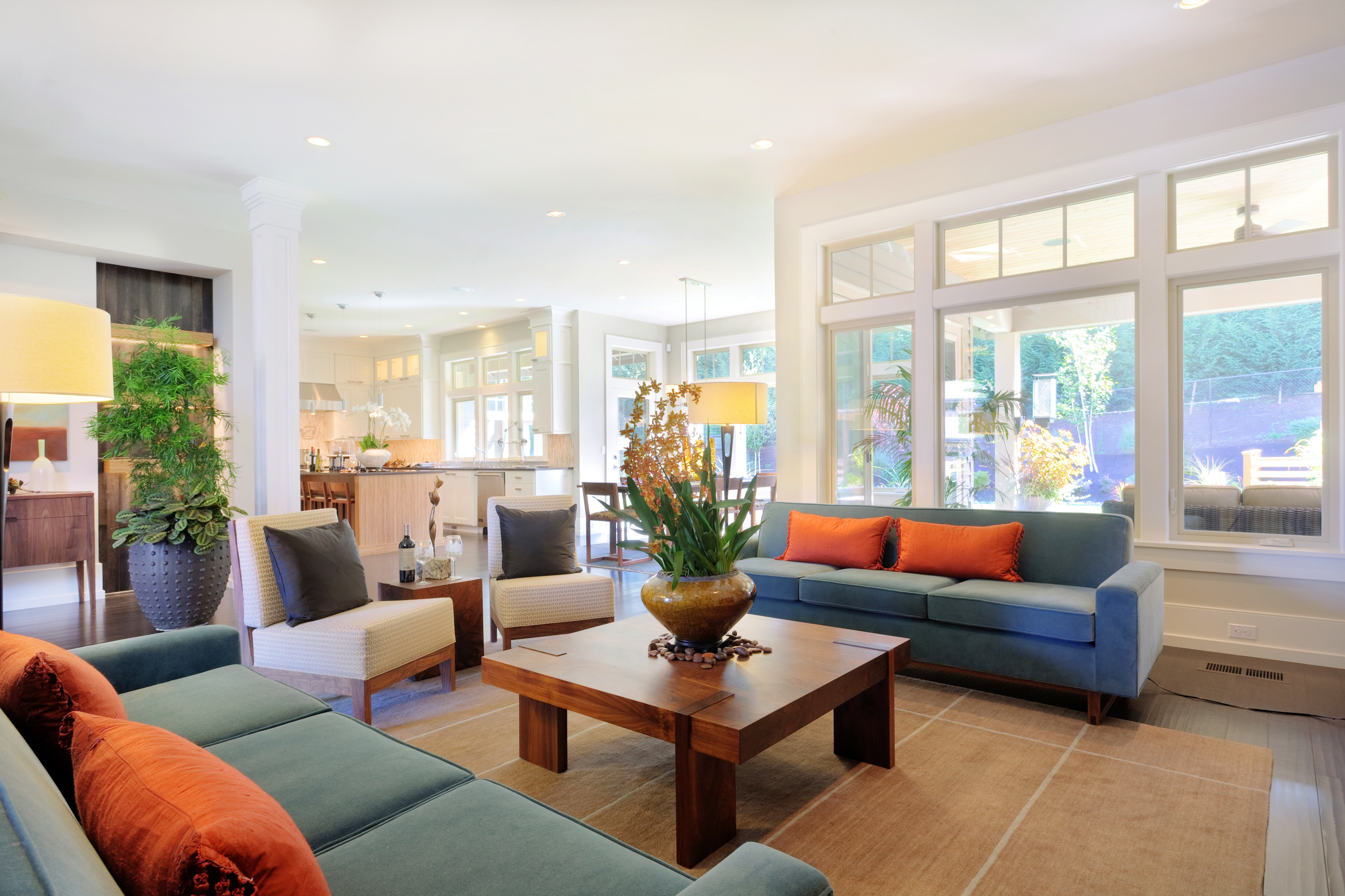 The Condo Unit – What to Look For
The Condo Unit – What to Look For
- What’s the view? How might it change? Are there any nearby vacant lots or under-optimized buildings that might be converted to condos?
- Can you hear (or smell) the neighbours? Yes, neighbours can change, but do you see, smell or hear anything that might be cause for concern?
- What do you own vs what belongs to the condo corp? This is a biggie. In most Toronto condos, owners own everything outside of the drywall, meaning the condo corporation is responsible for electrical, plumbing, windows, etc.
- What would you own vs rent? Many condominiums have rented heat pumps and air conditioning systems that can add to your monthly costs but reduce your long-term responsibility for replacing them.
- In what condition are the appliances? Do they work? If you want to change them out, are they standard-sized so you can easily replace?
- What’s the deal with the balcony? Are there any rules that will impede how you want to use it (eg bike storage)? Is there enough privacy for you? If it’s over-looking the roof of another building, will there be any industrial air conditioners or other noises you’ll have to deal with?
- What are the rules for curtains and blinds? Most condos will dictate the colour and type of window dressings.
- What kind of heating and air conditioning systems are in the condo? How old are they? Are they energy efficient? Who owns them? Are the costs included in your maintenance fees? If not, how much are utility fees?
- Look down…what are the floor finishes like? If it’s an older building with carpets, what’s under those carpets? If the engineered wood floors are in bad shape, can they be refinished? Most condominium buildings don’t allow hardwood floors to help keep the noise between units down.
- Look up – what are the ceilings like? Notice any cracks, damage or leaks?
- Is there Kitec plumbing in the unit and/or the building? If the condo was built between X and X, it may have Kitec, a type of plumbing that often fails and causes floods. Insurers and financial lenders don’t like Kitec and may require that it be changed out. You can read more about Kitec here.
- How liveable is the layout? Does the unit flow? If you’ll be hosting regular guests, is there enough separation between the bedrooms?
- Where are the internet and TV hookups? Are there enough of them for you?
- Where will you put your TV? Will it face a couch? A shocking number of Toronto condos have awkward living room layouts that aren’t conducive a night of Netflix.
- Where does the sun rise and set? How does that affect light in the condo?
- Is there a gas BBQ hookup on the balcony? Propane tanks aren’t allowed in elevators, so if you want a BBQ, a gas hookup is your only real option. If there isn’t a hookup, would you be permitted to have one installed?
- If the unit includes a private locker, how big is it? Is it in a secure area? Make sure to physically look at the locker assigned to the unit.
- What’s the parking situation? If the unit includes a parking spot, is it owned, assigned or rented? How big is it? Is it located in a good spot? While an end-of-the-row location may seem great, can both you and the passenger exit while parked?
- How is the cell service in the building and in the unit? Make sure to test it on your phone and tablet. Some older condo buildings have terrible cell reception.
- What can be changed? What must you live with? Condo boards have strict rules about renovations and if your hope is to make significant renos – like take down a main wall or install a second bathroom, go in with your eyes wide open.
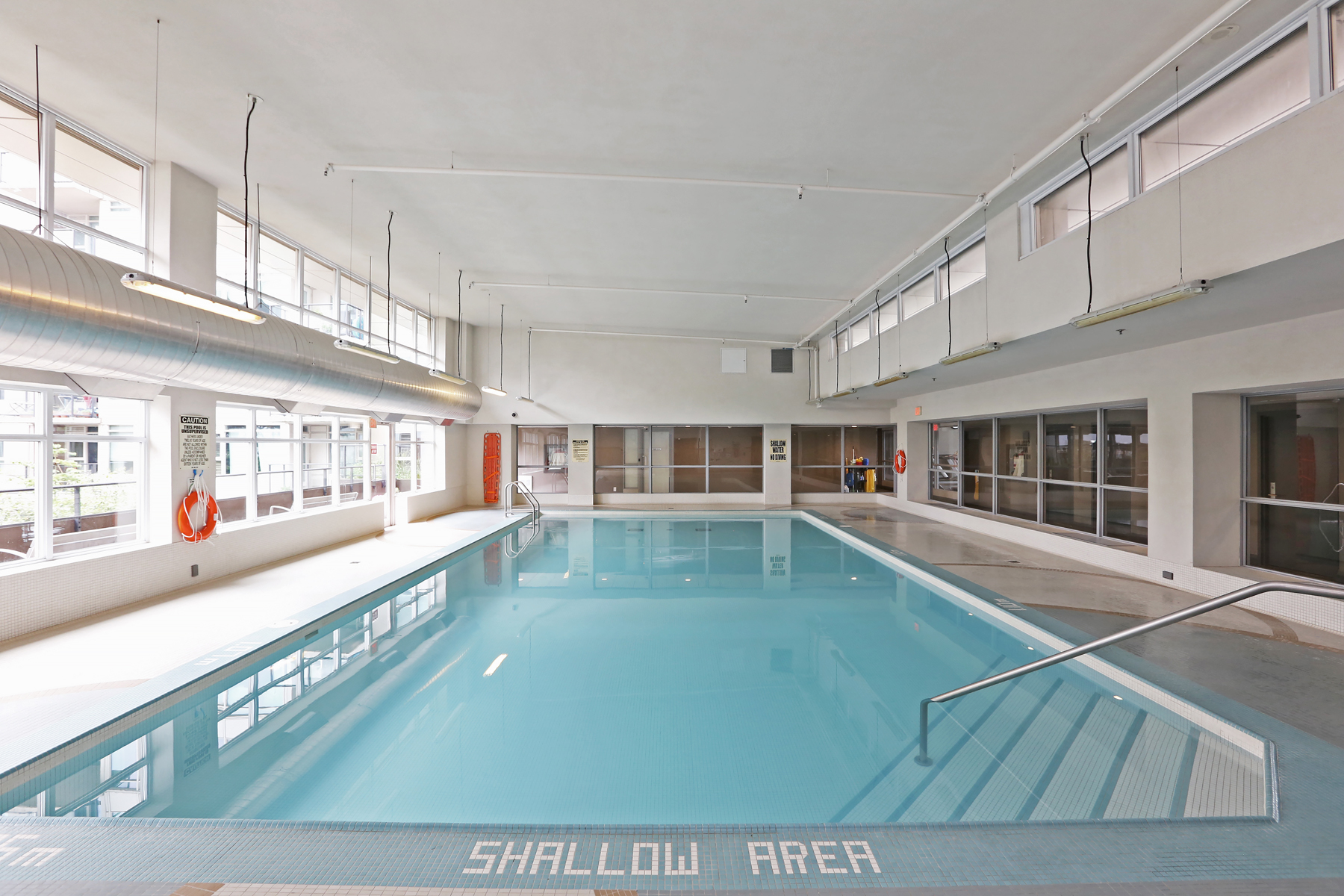 Condo Amenities – What to Look For
Condo Amenities – What to Look For
- How welcoming are the foyer and lobby?
- How clean are the common areas? Are they well maintained? If the common elements aren’t well cared, that will affect both your enjoyment and the value of your condo.
- What safety and security features does the building have? How do guests enter and exit the building? Where are the security cameras? How are the common elements secured? Are there any options for security in the units?
- Is the gym equipment modern and well-maintained? Is it the type of equipment you’ll actually use?
- If there’s a pool or hot tub…are they in good condition? Are there restricted times that will interfere with when you want to use them?
- What kind of retail is in the building? Does the condo corp rent the retail units are are they individually owned? What kind of noise and traffic can you expect?
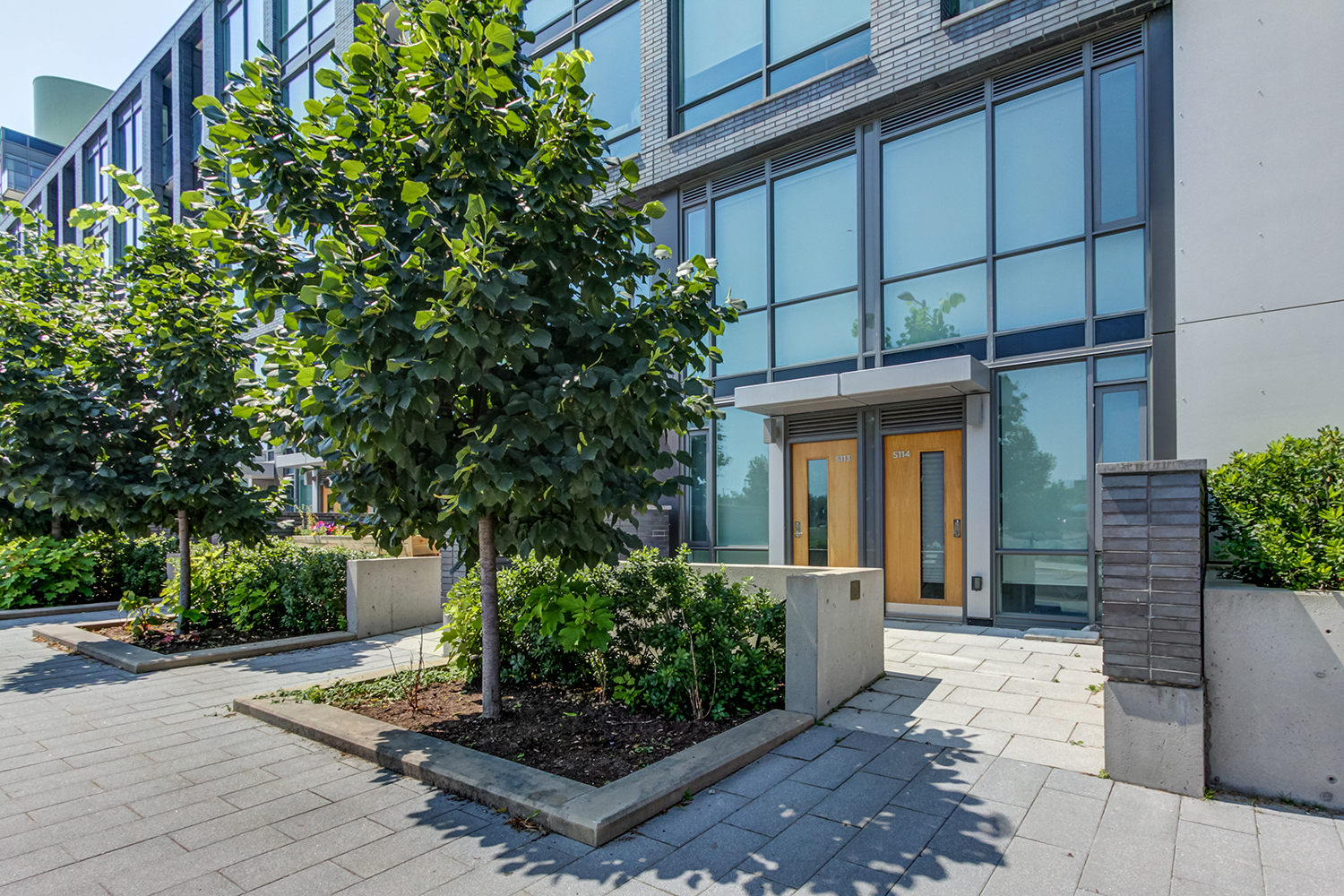 Community & Condo Liveability – What to Look For
Community & Condo Liveability – What to Look For
- How friendly is the building? Are residents smiling or acknowledging each other in the hallways and elevators?
- What’s the percentage of owners vs. renters? In general: the higher the percentage of owners who are also residents, the better maintained the building (which usually translates to better price appreciation and lifestyle). Tenants can be transient, and all those moves in and out can take a toll on the building. Pro tip: the % of renters vs. owner-residents is identified in the status certificate.
- What are the Airbnb rules in the building? Some condos in Toronto are Airbnb-friendly, which means you might have to deal with constant comings-and-goings next door.
- Does the building operate more like a community or do people keep to themselves? Which do you prefer? If you’re looking for community, look for signs of group fitness classes and get-togethers in the elevator and lobby.
- How kid-friendly is the building? Is that good or bad? We’re seeing more condos catering to families with playrooms, daycares and family-friendly areas.
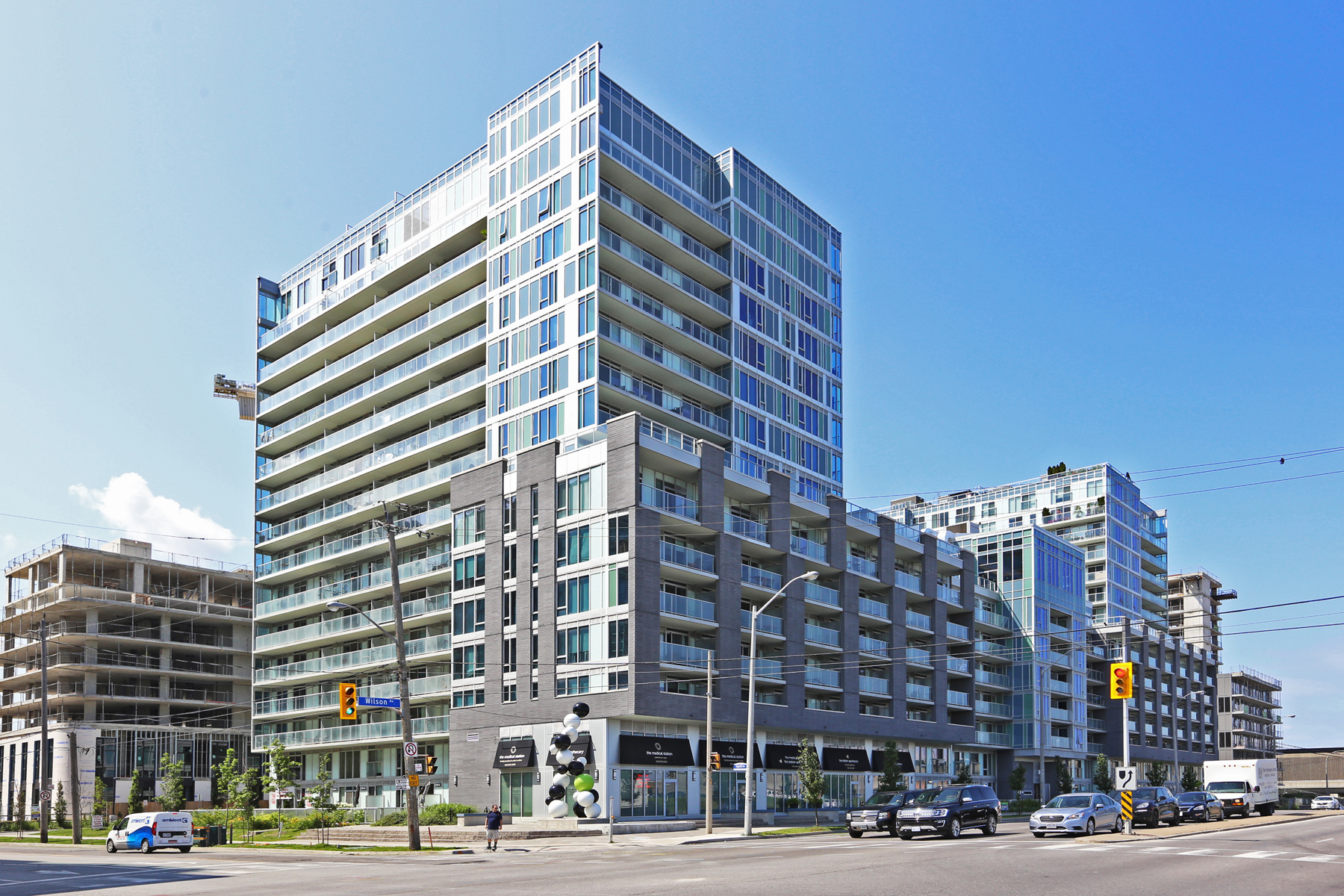 Condo Financial & Legal Situation – What to Look For
Condo Financial & Legal Situation – What to Look For
Part of buying a condo is having the status certificate reviewed by a lawyer. While you can get a complete list of what to look for in the status certificate here, make sure to find out:
- What’s included in the maintenance fees? Condo maintenance fees in Toronto are not standard, so make sure you know what is and is not included in the fee. When you and your lawyer review the status certificate, make sure to check how the fees have increased over the years and review any projected increases.
- Does the building have a history of special assessments? Are they in line with what’s normal for this type and size of the building? For example condominiums with under 10 units often keep maintenance fees incredibly low and manage expenses via special assessments.
- Does the building have a history of lawsuits or any ongoing litigation? If yes, are they reasonable? Is there any risk or liability to you as a new owner?
- What condo rules and restrictions should you be aware of? Is there anything out-of-the-ordinary? For example a few buildings in Toronto have rules requiring owners to carry their dogs in the elevators.
- Is the reserve fund big enough? Part of every monthly condo fee goes towards the reserve fund – the rainy day fund to fix longer-term issues. Your lawyer can guide you as to whether or not it’s in line with the anticipated repairs and renovations.
